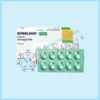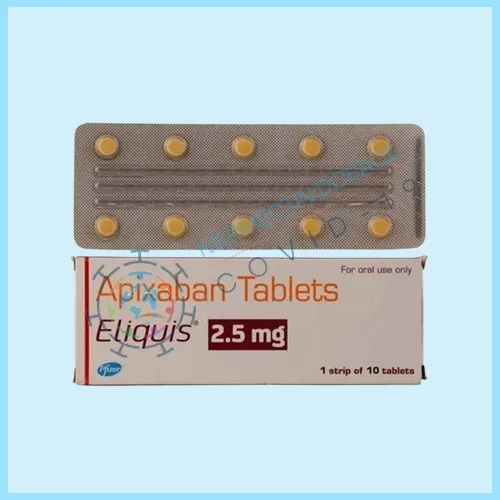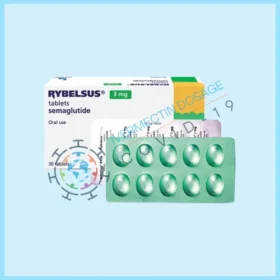- Your cart is empty
- Continue Shopping
Eliquis 2.5 mg (Apixaban) is a prescription medication used to prevent blood clots in conditions like atrial fibrillation, deep vein thrombosis, and pulmonary embolism. It works by inhibiting Factor Xa, reducing clot formation. Always follow your doctor’s instructions, as Eliquis may cause side effects like bleeding or nausea.








Reviews
There are no reviews yet.